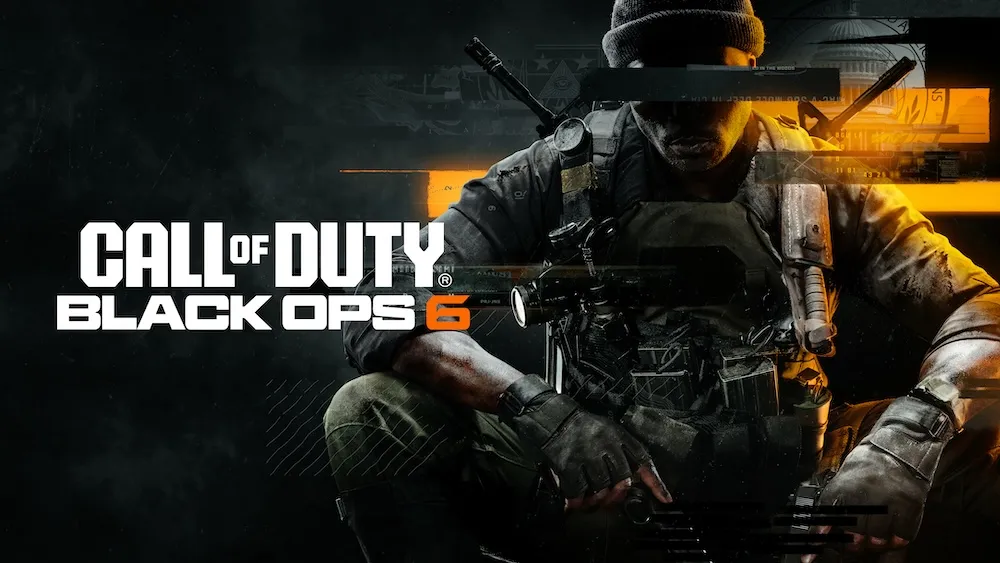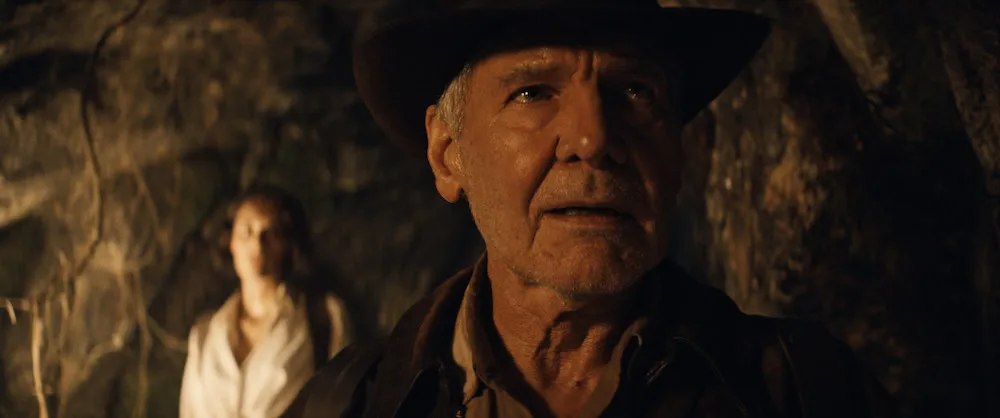Have you ever thought about the future? Have you ever truly sat down and imagined what the world of tomorrow would look like? Would it be the clean, shiny, utopian vision of a world that has come together as to make life better for everyone, or is your future a dark, depressing, dystopian world of death and destruction? Can you make the world a better place? Disney’s Tomorrowland is the rare film that asks these questions, and in so doing, sets to inspire those who still have hope: the dreamers. As the story opens, young Frank Walker (Thomas Robinson) is attending the 1964 World’s Fair in New York, in hopes of showing off his new invention: a rocket pack. When he is turned away by a judge named Nix (Hugh Laurie) because the rocket only “sorta” works, a mysterious girl named Athena (Raffey Cassidy) gives Frank a special pin and instructs him to follow her as she and the judges make their exit from the Fair. Little Frank goes along and finds himself transported to a wonderful, futuristic city of tomorrow.
Flash forward a few decades and we meet Casey Newton (Britt Robertson), a teenager who, when taught that the world is such a bad place, dares to ask: can we fix it? Casey — like Frank before her — is a dreamer. And when Athena shows up, not having aged a bit in the five decades since we last saw her, and leaves a pin for Casey, the young teenager’s life changes forever.
Like young Frank, Casey finds Tomorrowland and she instantly feels like she belongs. But sadly, her pin runs out of power and she finds herself trying to figure out how to get back. The key, as Athena tells her, is to find the older Frank (George Clooney) and convince him to help her.
This journey makes up most of the film, and nothing is ever as easy as it seems. Frank is disgruntled, after he was exiled out of Tomorrowland for creating something he shouldn’t have. He’s bitter, and hopeless, and whatever dream he had as a kid has died. But Casey is able to rekindle that fire and together they set out to return to Tomorrowland in hopes of saving the world.

Frank (George Clooney) and Casey (Britt Robertson) debate the future.
Ph: Kimberley French
©Disney 2015
The script by Brad Bird (The Incredibles, Ratatouille, The Iron Giant) and Damon Lindelof (TVs Lost, Star Trek Into Darkness) has its ups and downs. The focus is not on the city of Tomorrowland itself, but in the struggle for Casey to get there. Clooney’s Frank, who has all but given up due to his exile, begrudgingly begins to see that Casey might be special, that she may be the key to undo the problems he caused. And there’s even a subtext of a love story that is heartbreaking. It’s one of the strongest scripts I’ve seen in a long time, as it didn’t follow a formula, but put the story ahead of just hitting plot points.
Clooney, who usually charms, plays the disgruntled, angry Frank very well. The conflict he feels — on every level — (and there are many levels as to why he feels betrayed and abandoned) drives his character, and Clooney delivers.
Britt Robertson’s Casey comes off as annoying, almost from the opening frames, but as Tomorrowland unfolds, it’s revealed that being annoying is her character. She doesn’t conform to the world that is presented to her. She doesn’t just settle for the life that her father (Tim McGraw) and her teachers are giving her. She’s the epitome of the “fly in the ointment,” and that’s why she is the key to saving the world from a dark future and maybe return Tomorrowland to its status as a possible utopian future.
The surprise performance here is Raffey Cassidy’s Athena. At 12-years-old, Cassidy is another one of those Brit child actors who you can tell are well beyond their years, and will have a long, successful career in acting. As the key to the entire story of Tomorrowland, Brad Bird put a whole lot on her young shoulders and she delivered, at times out-pacing even George Clooney.
Tomorrowland works, as it resonates with the dreamer in all of us. Those who have ever sat and wondered what if and/or why. As presented in the film, the world is a dark place, full of race riots, political corruption, terrorism, devastating natural disasters, killer viruses, and so many other ways that we are all killing each other. But who ever stops to think, How do we fix it?
And not just the dreamers will find inspiration here. Creative types — like writers and artists, thinkers, engineers and builders, the dream of Tomorrowland is a culmination — the end product of a world where the creative dreamers work together for the betterment of humanity. And it delivers a message of hope.
As I sat and watched Tomorrowland — and bought into what Bird and Lindelof were selling — I kept thinking about my two youngest nieces. One loves to draw, the other is a storyteller. They are creative-types; they are dreamers — like their uncle. My nieces would be candidates for inclusion into Tomorrowland and would be celebrated for their gifts, their talents, and their dreamer mentalities. This world will soon be theirs, and I’m embarrassed for the shape that we are leaving it in for them. But, if Tomorrowland can inspire others as it has me, maybe, just maybe, their generation of dreamers could still turn it all around. Maybe they can “fix it.” As I found my own creative inspiration here, I know they will to. And it made me happy. It gave me hope. For that reason alone, Tomorrowland is a must see, and easily my favorite film of 2015.
Tomorrowland is rated PG and is in theaters now.







